Learn five myths about organic food: what’s true, what’s false, what’s opinion, and what you need to know.
There’s a lot of misinformation and myths about organic food out there on the interwebs. Frankly, the internet is rife with “opinions” passed off as facts. And you can find anything to support your stance on an issue.
Some people think organic is a lie, a gimmick, and a farce. Others think it’s the way, the truth, and the life. And they’ll both write their opinions as facts.
So what are some actual myths about organic food? And is organic actually better?
I discuss those questions in this blog post, so keep reading!
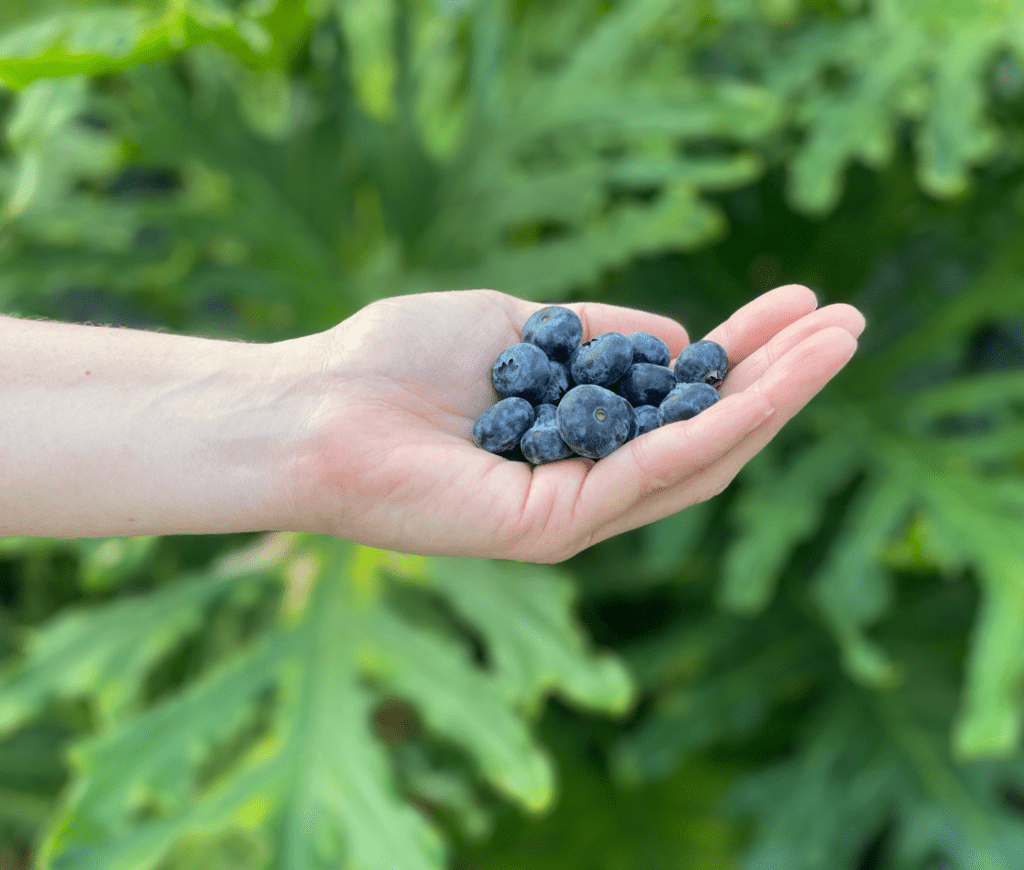
5 Organic Food Myths
Myth #1: Organic farmers don’t use pesticides.
Fact: Most synthetic pesticides are prohibited in organic farming, however some are allowed per the USDA NOP’s National List of Allowed and Prohibited Substances.
Organic farmers must first use mechanical, physical, or biological methods to prevent crop pests, weeds, and diseases. When those methods don’t work, they can use a natural or synthetic substance allowed per the National List of Allowed and Prohibited Substances.
The National List states which synthetic substances organic farmers may use, while also listing the natural substances they may not use.
Myth #2: Organic means all ingredients are organic.
Fact: Products with the USDA Organic seal must contain a minimum of 95% organic ingredients, excluding water and salt. The remaining 5 percent may be non-organic ingredients that are allowed per the National List of Allowed and Prohibited Substances.
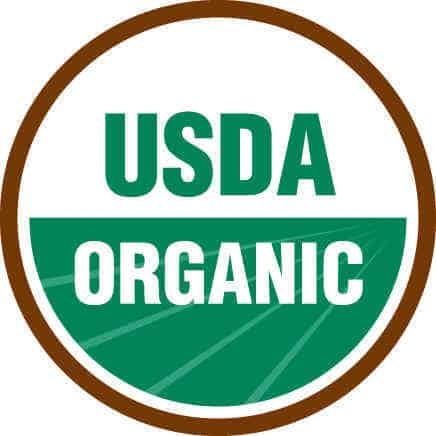
There are four categories of organic labels in the United States:
- 100 percent organic: All ingredients must be certified organic. (Used for single-ingredient items like fruits and veggies, or when all ingredients are certified organic.)
- Organic: A minimum of 95% of the ingredients must be certified organic (excluding water and salt), and the remaining 5% non-organic ingredients must be allowed per the USDA NOP National List. All agricultural products must be certified organic.
- “Made with” organic: A minimum of 70% of the ingredients must be certified organic (excluding water and salt). The remaining agricultural products do not need to be certified organic but must be produced without excluded methods, and Non-agricultural products must be allowed per the National List. Cannot display the USDA Organic seal.
- Less than 70 percent organic ingredients: May only list certified organic ingredients as organic in the ingredient list and the percentage of organic ingredients.
Read this fact sheet for more info on the labeling of organic products.
Organic means non-GMO because genetically modified organisms (GMOs) are never allowed in organic products.
Myth #3: Organic food is more nutritious.
Fact: Organic agricultural products are not substantially more nutritious than conventional products.
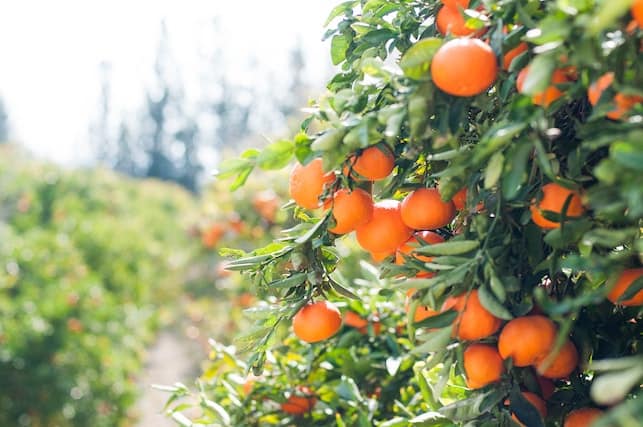
So there are two parts of this myth to unpack.
The first is that while organic food, like produce and dairy, is higher in some nutrients, studies have shown that the difference is marginal. But in terms of health, the benefit of organic food is that it reduces exposure to pesticides and antibiotics.
Pesticide exposure in children is associated with poorer cognitive function and behavior problems. And antibiotic use in farm animals raised for food leads to antibiotic resistance both in animals and humans, which is a big public health concern. (The FDA allows the use of antibiotics in food animals for disease treatment, control, and prevention. It doesn’t allow antibiotics to promote the growth of the animals.)
The second is that organic foods are not always the healthier option. Organic does not mean healthy! Organic waffles and organic frozen pizzas are still processed foods. Organic chips likely contain highly refined vegetable oils like soybean, sunflower, or safflower oils. And organic granola bars are often high in added sugar.
This myth about organic food reminds me of something my uncle Joe once said. He and his wife have been vegetarians for years, so they bring Tofurky to Thanksgiving dinners. One year, his brother commented that Joe was “the fattest vegetarian he’s ever seen.” And do you know what my Uncle Joe said? That vegetarians can still eat chocolate and chips. 😉
Myth #4: Organic is always more expensive.
Fact: Sometimes organic food is more affordable than conventional food.
If you’re comparing apples to apples, organic will be more expensive. However, if you’re willing to get a little creative, sometimes organic food may be less expensive than conventional food.
Here are a few ways I’ve found that organic food can sometimes be less expensive than non-organic food:
- Some store-brand organic products are less expensive than name-brand non-organic products.
- Frozen organic fruit may be less expensive than fresh conventional fruit. (Check out Costco!)
- Sales on organic food may bring the price to less than conventional food.
- Buying organic products in bulk vs. buying conventional products one at a time.
- Eating organic food at home rather than eating non-organic food from a restaurant.
- Making your own food from scratch using organic ingredients vs. buying pre-made non-organic items.

Myth #5: It’s all organic or nothing.
Opinion: Any reduction in pesticide exposure is beneficial to your health.
Okay, so I admit that this is more of an opinion than a fact. This is what I think, however other people believe that you have to do all organic or nothing. And if they can afford all organic and have access to it, that’s great for them.
As for me, I don’t buy all organic all the time. We simply can’t afford it. But I buy organic when I can, knowing that any reduction in pesticide exposure makes a difference in my family’s health.
In my opinion, it’s better to eat conventional fruits and veggies for a snack over organic chips and granola bars. Make sure you wash your produce before eating it, whether it’s organic or not.
Final Thoughts on Myths About Organic Food
Does organic really matter? What’s important is that you eat a healthy diet, drink water, be physically active, stay connected with friends and family, and keep your mind engaged.
RELATED ARTICLES:
- 5 Simple Meal Planning Tips That’ll Make Your Life Easier
- How To Choose Recipes That You’ll Actually Make
- How To Eat Healthy When Your Husband Doesn’t
This post discusses five myths about organic food.
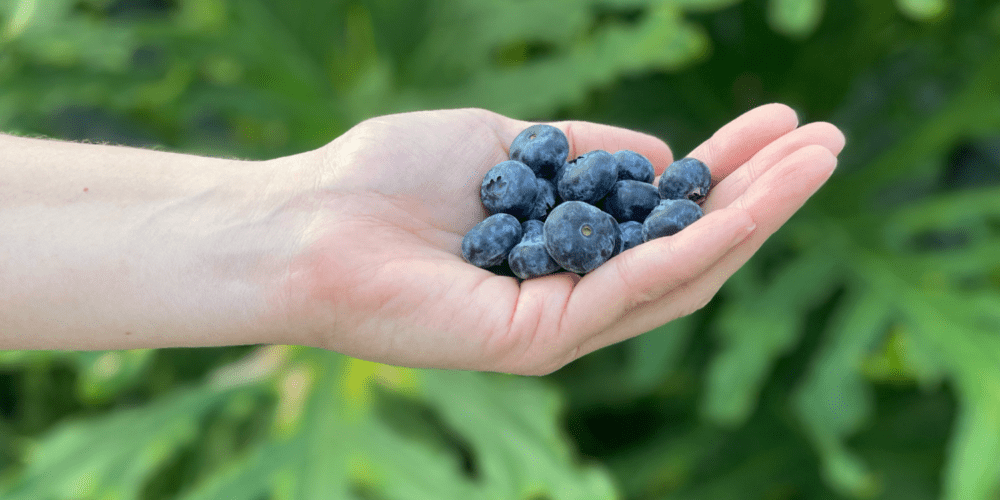
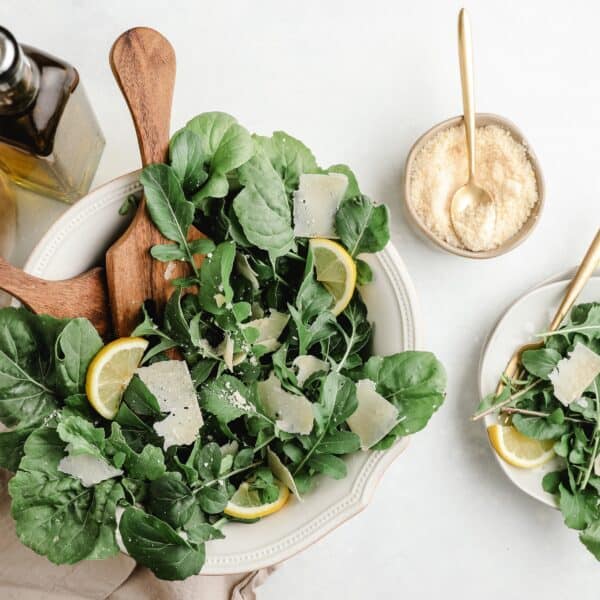
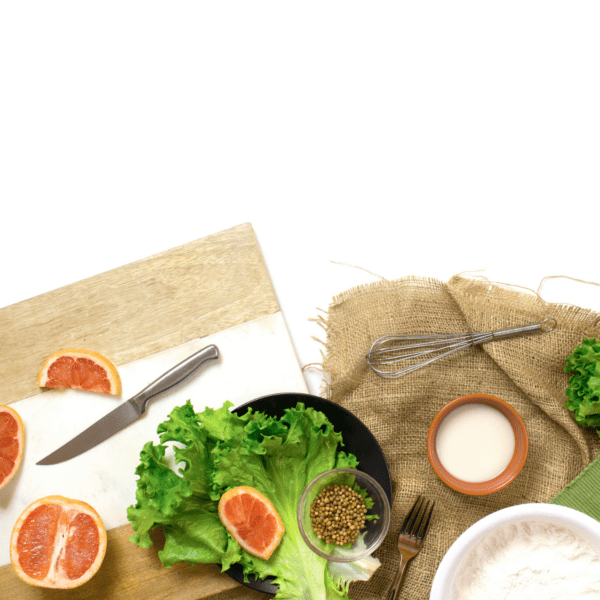

When having to make a choice between organic and non-organic because of budgeting factors, it’s better I believe, to avoid the dirty dozen that are typically saturated with pesticides, and or focus on foods that have high nutritional density like nuts and seeds, millet, or berries, or herbal remedies, or just foods that you want because you know the organic taste better, maybe for a special dessert or something.